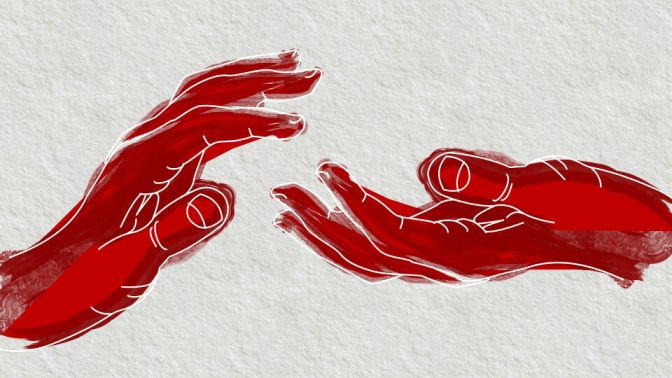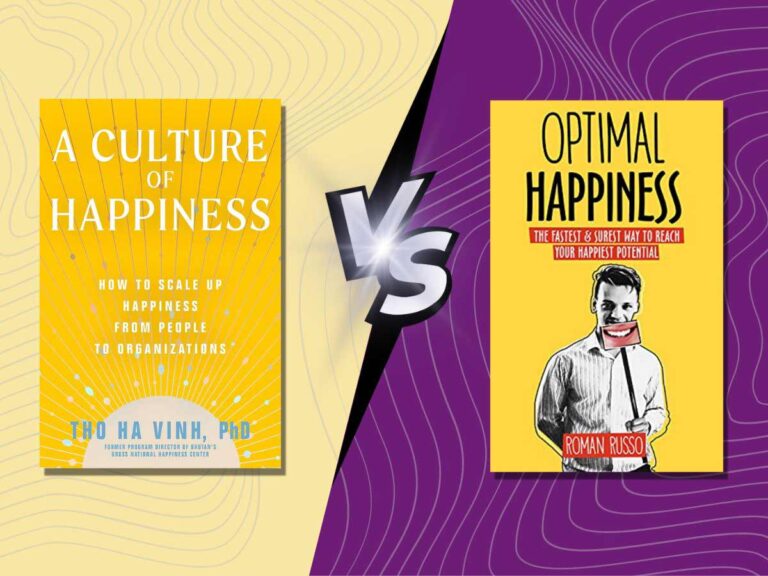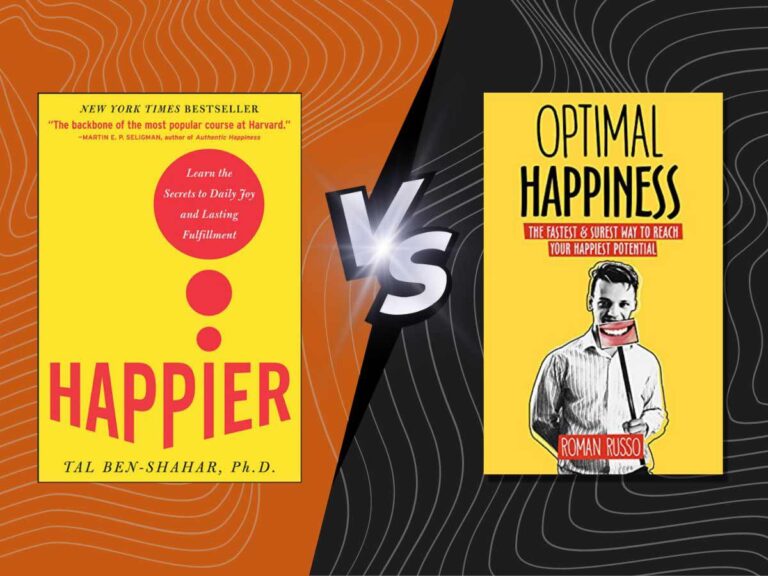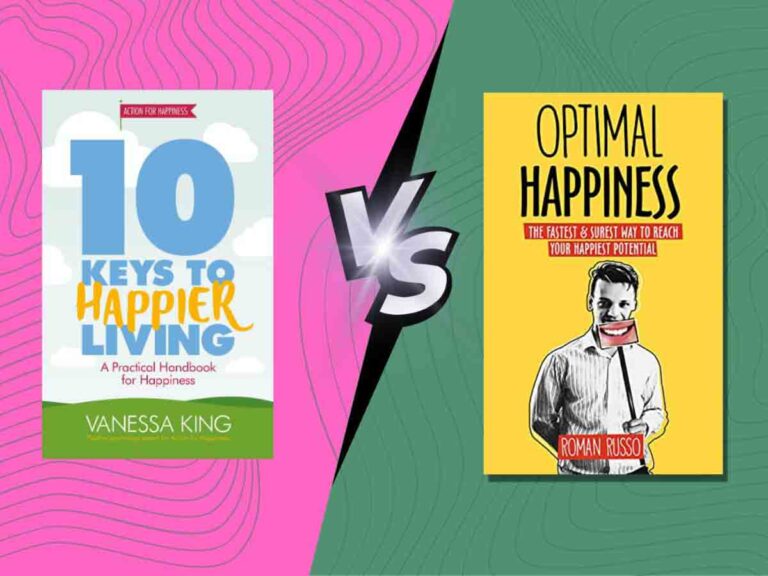
Let’s start with a fundamental truth: no one is perfect, everyone is somewhat broken, and everyone has experienced trauma and loss. This realization might sound simple, but it is important because many people get lost in their negative feelings, thinking that their suffering is somehow special, unique, and justified. However, as a saying goes, “The greater the negative feeling, the more universal it is.”
This makes sense, as human nature dictates that the strongest emotions are often those that were most evolutionarily reinforced over generations in our psyche. And while being attacked by a real-life saber-toothed tiger is unrealistic today, people are still attuned to outdated this dangers in the modern world. This misalignment means they often do not respond appropriately to other biological and psychological imperatives and can lead to behaviors such as overeating sugars, salts, and fats, procrastinating, feeling bad without any reason to do so, and engaging in a host of other behaviors that are considered incorrect according to modern-day standards of “dangers” or “opportunities.”
However, what is true is that we were not designed to perpetually suffer, as some people would have you believe, and it is completely possible to be happy most of the time. Yes, this is even taking into account all your different traumas, life events, suffering, and loss, which are universal.
As one of my clients said, “I lost my father a year ago, and I felt really bad about it then. Right now, I feel more at peace with the loss.” The reason they feel this way is that human beings are designed to overcome various emotional events in order to continue to survive and thrive. Of course, there are healthier and less healthy ways to deal with loss and trauma, many of which are discussed in this blog, while you can also talk to our experts to address your specific challenges.
That being said, I know most people do not feel ideal about their life circumstances, as we are all living in a society that isn’t optimized to maximize our happiness and well-being. This results in much of the suffering that exists in the world today. And while we can and should strive to make this world a better place, we can also learn to be happy in this world regardless of who we are, where we are from, and what our life circumstances may be.
This is a significant claim, as true happiness is found in our minds rather than in our circumstances or what is happening around us. And while the outside world can be manipulated to better align with what makes us happy—which ideally we can and should do—it is ultimately our mindset that determines our happiness. In this way, most people already have good enough circumstances to feel happy today and forever, and the only thing that stands between us and our happiness is ourselves.
Better yet, the only thing that stands between us and our happiness is the lack of proper knowledge on how to be happy. And as I say, “if you can’t define happiness, you won’t know what to aim for, and this is why you might be unhappy.”
Overall, ultimate, unconditional, and timeless happiness is possible today and forever for virtually anyone, provided that you can learn what it takes to be happy. So if you are interested in learning the “how” of happiness, you are at the right place.
So continue reading this blog, buy our book, or even better, book a call with our happiness coaches, and we will help you join the ranks of the happiest people in the world, as is the case with our other students.
Stay happy.















4 thoughts on “Trauma and Loss Are Universal, but So Is Happiness”
Great read! Yea, happiness is a learned skill, and noone can be perpetually happy 24/7!
Happiness is uncanny for sure
I believe happiness is always within us but often forgotten. We’re so caught up in external distractions that we bury the simple joy we’re all capable of feeling. 🫶🏻✨
I’d like to believe we have full control over our happiness and emotions—so that we guide them, rather than letting them guide us. Easier said than done, of course, but if we’ve sent humans to the moon, anything is possible. This aligns with the core theme of this blog: the belief that we can all learn to maximize our happiness, both today and forever.